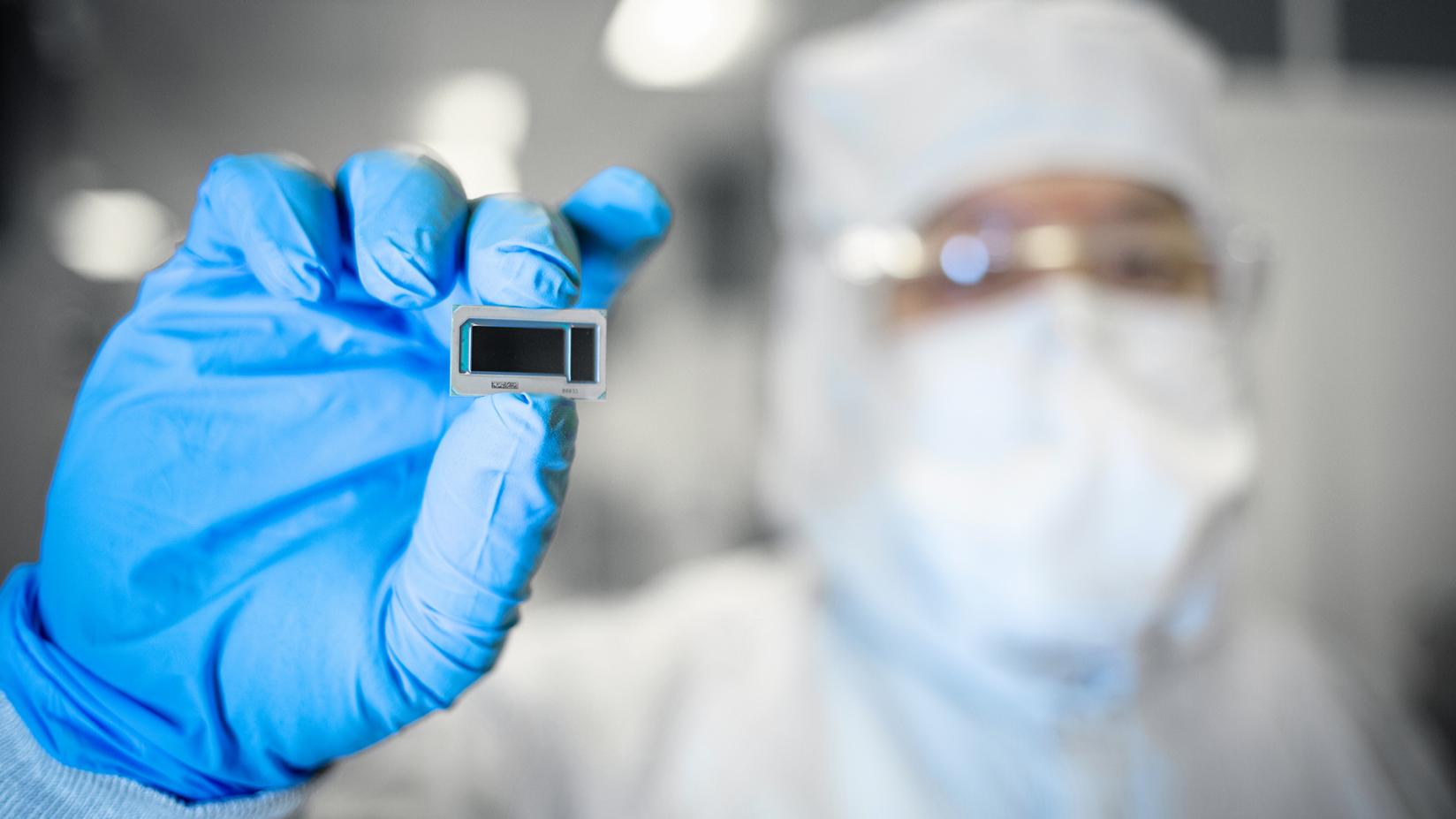The Beijing municipal government has set up a semiconductor investment fund worth more than $1 billion (£760m), in the latest move by public authorities to boost China’s domestic chip-producing industry in the face of increasingly strict US export controls targeting the sector.
China says it is trying to achieve self-sufficiency in advanced chip technologies, while US authorities say China could use cutting-edge chips to threaten its national security.
State-owned Zhongguancun Development Group set up the Beijing Integrated Circuit Industry Investment Fund last week with a registered capital of 8.5bn yuan, or about $1.2bn, local media reported, citing data from Chinese corproate database Qichacha.
Zhongguancun Development Group was set up by the Beijing city government in
2010. The fund is to be run by a subsidiary called Beijing Zhongguancun Capital Fund Management, Qichacha said.

Chip investment
In May China launched its biggest-ever domestic chip investment fund, valued at 344bn yuan, in the third phase of the China Integrated Circuit Industry Investment Fund, known as the “Big Fund”.
The size of the Big Fund III, at around $48bn, is comparable to the roughly $53bn in incentives under the US’ Chips and Science Act, passed in 2022, which the country is using to build up its own domestic chip manufacturing.
Following Japan’s domination of chip manufacturing in the 1980s and that of the US in the early 1990s, most chip manufacturing currently takes place in countries including Taiwan and South Korea.
The Big Fund III’s biggest investor is China’s Ministry of Finance, with a 17 percent stake and paid-in capital of 60bn yuan, while the second-biggest shareholder is China Development Bank Capital with a 10.5 percent stake, according to Chinese business information firm Tianyancha.
Big Fund III
The fund includes 17 other investors, including five major Chinese banks: Industrial and Commercial Bank of China, China Construction Bank, Agricultural Bank of China, Bank of China, and Bank of Communications, each of which is contributing about 6 percent of the capital.
The fund’s first phase was established in 2014 with a capital of 138.7bn yuan, followed by the second phase in 2019 with 204bn yuan.
Last month a semiconductor investment fund operated by the city of Shanghai doubled in size to about $2bn after a new funding round.
The Shanghai Semiconductor Industry Investment Fund (SSIIF) raised some 6.9bn yuan in its latest funding round from investors who are mostly state-backed companies based in the city, expanding its capital base to 14.5bn yuan.
Shanghai chip fund
Shanghai is a major chip manufacturing hub and is also the site of other high-tech manufacturing operations, including Tesla’s Gigafactory 3.
After the latest roud the SSIIF’s biggest investor remains Shanghai Science & Technology Venture Capital Group, with a 35 percent stake, followed by Shanghai Guosheng Group and Shanghai International Group with 18 percent each.
All three are state-controlled asset groups.
Over two phases beginning in 2016 and 2020 the fund has backed chip companies including Shanghai-based Semiconductor Manufacturing International Corporation (SMIC), China’s biggest chip manufacturer.





